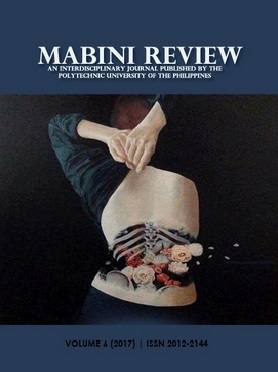Memory and Food in Philippine Literature: A Molecular ‘Re-siting’ of the Filipino Kitchen
DOI:
https://doi.org/10.70922/w1rtnj15Keywords:
Carnival, Filipino Kitchen, Memory, Sari-sari, Site into SightAbstract
The paper explores the relationship of food and memory in selected Philippine literary works as textual monuments in confronting the traditionally molar Filipino kitchen. The articulated memory figures help relay common segmentarities and similitudes recounted in the narratives depicting the Filipino kitchen as rather molecular, minoritarian, hence ‘re- sited’ a posteriori into a plane of recall and revision. Asymmetrically, the morphing capacity of the Filipino kitchen is favoured in order to escape the dualism machine that still consigns traditional culinary practices to the molar system of domesticity and monumentality. The process of refunctioning traditional kitchens encapsulates both the dynamics of interrogation and practice; more specifically, the sensory experience obtained from the stories can be reworked into a narrative of activity that distributes sensory images for critical reception and memory re-reading, which is possible through proximal correlation with language and desire that necessitate gestic movements like walking or strolling as a demonstration against, say, the kaleidoscopic metropolis of puissance. As molecular memory suggests the exchange and transfer of cultural remembrances among sites of contestations, the paper therefore identifies these sites as distinct kitchens if not similitudes of the domestic type, among them 1) fictive, 2) domestic, 3) sari-sari. Each type of kitchen—already fashionably ‘re-sited’—elicits a case of either nostalgia, forgetting or cultural amnesia. The result is the morphing of the Filipino kitchen into a metaphor, mentality, or simply a memory.
Downloads
References
Downloads
Published
Issue
Section
License
Copyright (c) 2018 Lawdenmarc Decamora (Author)

This work is licensed under a Creative Commons Attribution-NonCommercial 4.0 International License.
Articles published in the MABINI REVIEW will be Open-Access articles distributed under the terms and conditions of the Creative Commons Attribution-Noncommercial 4.0 International (CC BY-NC 4.0). This allows for immediate free access to the work and permits any user to read, download, copy, distribute, print, search, or link to the full texts of articles, crawl them for indexing, pass them as data to software, or use them for any other lawful purpose.


